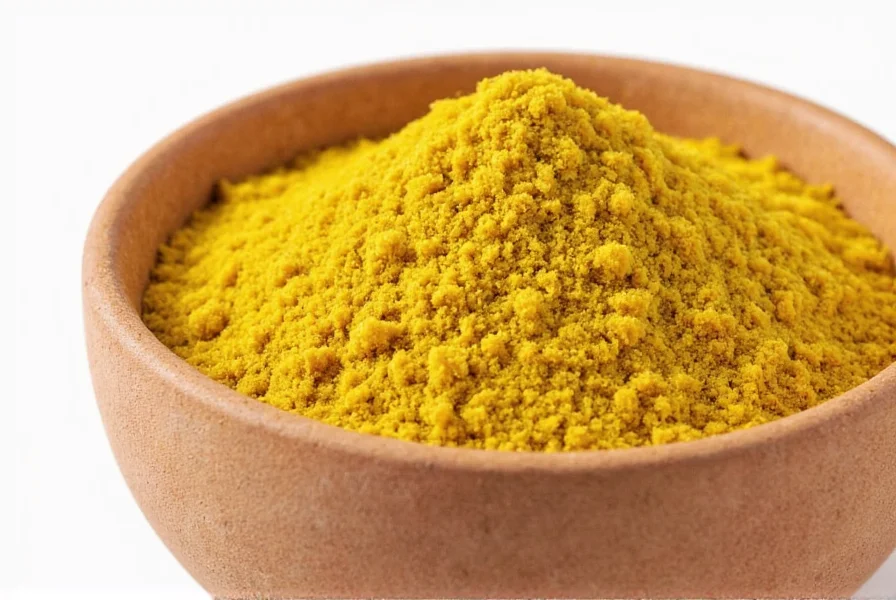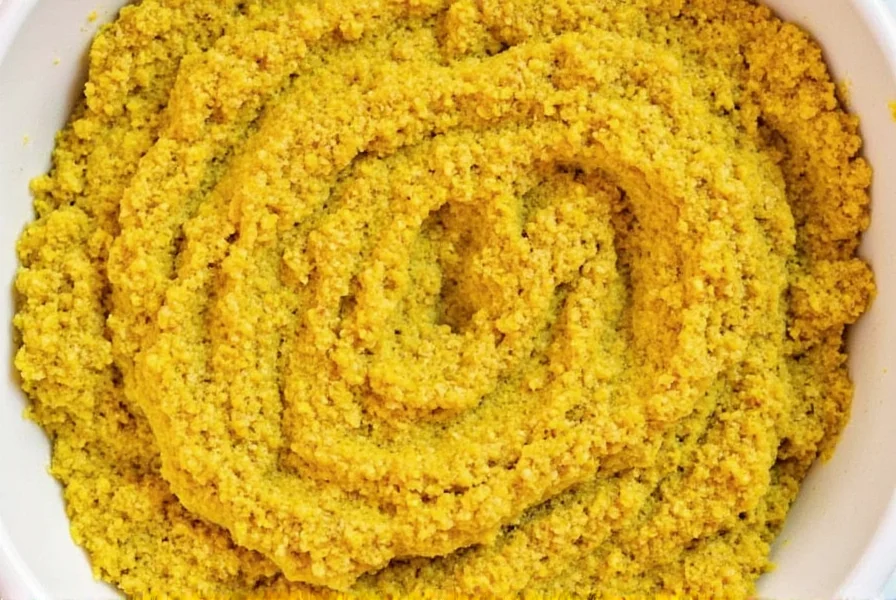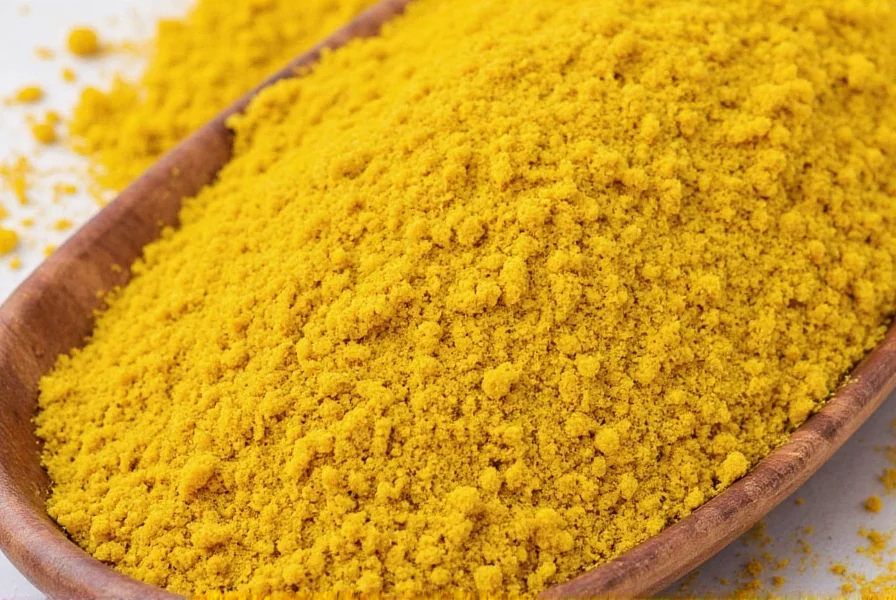Mustard has been used for centuries not just as a flavor enhancer but also for its potential health properties. As nutrition science advances, researchers continue to uncover the specific benefits this humble condiment offers. Unlike many processed sauces and dressings, mustard typically contains few ingredients and minimal additives, making it a smart choice for health-conscious consumers.
Nutritional Profile of Mustard
Understanding mustard's nutritional value helps explain why it's considered a healthy condiment option. A standard serving (1 tablespoon) of yellow mustard contains approximately:
| Nutrient | Amount per Tbsp | % Daily Value |
|---|---|---|
| Calories | 3 | <1% |
| Total Fat | 0g | 0% |
| Sodium | 52mg | 2% |
| Carbohydrates | 0.5g | <1% |
| Sugar | 0g | 0% |
| Protein | 0.2g | <1% |
This nutritional profile makes mustard an excellent choice for those monitoring calorie intake, managing blood pressure, or following heart-healthy diets. The specific health benefits vary slightly between mustard types, which we'll explore next.
Health Benefits of Mustard: What Science Says
The primary health benefits of mustard stem from the mustard seeds themselves, which contain bioactive compounds that research suggests offer several advantages:
Anti-Inflammatory Properties
Mustard seeds contain compounds called glucosinolates that break down into isothiocyanates when crushed or chewed. These compounds demonstrate significant anti-inflammatory effects in scientific studies. Chronic inflammation contributes to numerous health conditions including heart disease, diabetes, and certain cancers, making anti-inflammatory foods valuable for long-term health.
Rich in Antioxidants
Mustard provides various antioxidants including selenium, magnesium, and several phytochemicals. These compounds help protect your cells from oxidative damage caused by free radicals. Research published in the Journal of Agricultural and Food Chemistry indicates that mustard seeds have higher antioxidant capacity than many commonly used spices.

Potential Heart Health Benefits
Studies suggest that regular consumption of mustard seeds may help maintain healthy cholesterol levels and support cardiovascular function. The monounsaturated and polyunsaturated fats in mustard seeds, along with their fiber content, contribute to these potential heart health benefits. Unlike many creamy condiments, mustard contains no saturated fat, making it a heart-friendlier option.
Digestive Support
Mustard has traditionally been used to stimulate digestion. The compounds in mustard seeds may help increase saliva and gastric juice production, potentially improving digestion and nutrient absorption. This makes mustard a beneficial accompaniment to heavy meals.
Different Mustard Varieties and Their Benefits
Not all mustards offer identical health benefits. The preparation method and additional ingredients affect the nutritional profile:
- Yellow Mustard - The most common variety, made with turmeric for color. Lowest in calories and sodium among popular condiments. Excellent choice for those monitoring sodium intake.
- Dijon Mustard - Made with brown or black mustard seeds and white wine. Contains slightly more complex flavor compounds that may offer additional antioxidant benefits.
- Whole Grain Mustard - Contains partially ground seeds, providing more fiber and potentially greater retention of beneficial compounds.
- Honey Mustard - Contains added sugar, which increases calorie content and reduces some health advantages. Best consumed in moderation.
Potential Concerns and Considerations
While mustard offers numerous benefits, certain considerations apply to specific populations:
- Individuals with thyroid conditions should moderate intake, as excessive consumption of cruciferous vegetables (which include mustard seeds) may interfere with thyroid function in susceptible individuals.
- Some specialty mustards contain added sugars, preservatives, or higher sodium levels that reduce their health advantages.
- Rare mustard allergies exist, typically manifesting as skin irritation or digestive discomfort.
Incorporating Mustard Into a Healthy Diet
You don't need to eat mustard by the spoonful to gain benefits. Smart ways to include this healthy condiment:
- Use as a sandwich spread instead of mayonnaise to save approximately 90 calories per tablespoon
- Add to salad dressings for flavor without excess calories
- Use in marinades for lean proteins to add flavor and potentially reduce harmful compounds formed during cooking
- Mix with Greek yogurt for a protein-rich dipping sauce

Mustard Compared to Other Condiments
When evaluating whether mustard is good for you, comparison with alternatives provides valuable context. Unlike many popular condiments, mustard typically contains:
- Significantly fewer calories than mayonnaise (3 vs 90 calories per tablespoon)
- Less sodium than soy sauce or ketchup
- No added sugar in traditional varieties (unlike many barbecue sauces or honey mustard)
- No saturated fat (unlike creamy dressings)
For those seeking healthy condiment options, mustard represents one of the most nutritionally favorable choices available.
Conclusion: Is Mustard Good for You?
The evidence strongly supports mustard as a healthy condiment choice. Its impressive nutritional profile, low calorie count, and beneficial compounds make it a smart addition to most diets. While no single food provides complete nutrition, mustard offers advantages over many alternative condiments without significant drawbacks for most people.
As with any food, moderation remains key. Choosing traditional mustard varieties without excessive additives maximizes health benefits while minimizing potential concerns. For those monitoring specific health conditions, consulting with a healthcare provider about appropriate consumption levels is always advisable.
Is mustard good for weight loss?
Yes, mustard can support weight loss efforts as it contains only about 3 calories per tablespoon and adds flavor without significant calories. Replacing higher-calorie condiments like mayonnaise (90 calories per tablespoon) with mustard can help reduce overall calorie intake while maintaining meal satisfaction.
Does mustard have any vitamins or minerals?
Mustard contains small amounts of several nutrients including selenium, magnesium, and manganese. While not a significant source of vitamins, the compounds in mustard seeds provide valuable phytonutrients and antioxidants that contribute to its health benefits.
Is mustard good for heart health?
Research suggests mustard may support heart health through several mechanisms. It contains no saturated fat, has minimal sodium in traditional varieties, and provides compounds that may help maintain healthy cholesterol levels. The anti-inflammatory properties of mustard seeds also contribute to cardiovascular benefits.
Can mustard help with digestion?
Yes, mustard has traditionally been used to stimulate digestion. The compounds in mustard seeds can increase saliva and gastric juice production, potentially improving digestion and nutrient absorption. This makes mustard a beneficial accompaniment to meals, particularly heavier ones.
Are there any health risks associated with eating mustard?
For most people, mustard poses no health risks when consumed in typical amounts. Individuals with thyroid conditions should moderate intake as excessive consumption of cruciferous vegetables (including mustard seeds) may interfere with thyroid function in susceptible individuals. Rare mustard allergies can cause skin irritation or digestive issues in sensitive people.











 浙公网安备
33010002000092号
浙公网安备
33010002000092号 浙B2-20120091-4
浙B2-20120091-4